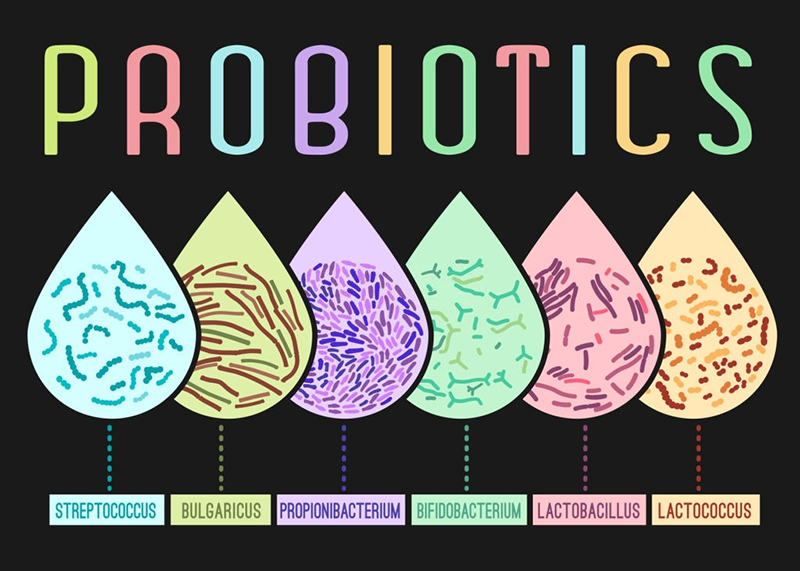Probiotics vs Antibiotics: Which One Wins in the Battle of Good vs Bad Bacteria
When it comes to fighting off harmful bacteria in our body, antibiotics have been the go-to solution for many years. However, in recent times, probiotics have gained attention as a natural and effective way of boosting our immune system by introducing beneficial bacteria into our body.
While antibiotics are used to fight bacterial infections, they can also kill off beneficial bacteria as well, leading to an imbalance in the gut microbiome. This can result in issues such as digestive problems, weakened immune system, and even mental health problems. On the other hand, probiotics are known for their ability to promote the growth of beneficial bacteria, which can aid in various bodily functions.
So which one wins in the battle of good vs bad bacteria? Let’s take a closer look at both antibiotics and probiotics.
Antibiotics
Antibiotics are medicines that are designed to kill or stop the growth of bacteria. They are commonly used to treat bacterial infections such as strep throat, urinary tract infections, and pneumonia. While they are effective in destroying harmful bacteria, they can also kill off beneficial bacteria along the way. This can lead to various issues such as:
- Diarrhea and digestive issues
- Imbalanced gut microbiome
- Weakened immune system
- Mental health issues
It’s important to note that overusing antibiotics can lead to antibiotic resistance, where bacteria develop a resistance to antibiotics, making them less effective over time. This is why it’s important to only use antibiotics when necessary and to follow the prescription exactly as directed.
Probiotics
Probiotics are living microorganisms such as bacteria and yeast that are beneficial to our health. They are found naturally in our gut, and can also be found in certain foods and supplements. Probiotics are known for their ability to promote the growth of good bacteria in our gut, which can aid in various bodily functions such as:
- Improved digestion
- Stronger immune system
- Reduced inflammation
- Better mental health
While probiotics don’t directly fight off bad bacteria, they promote the growth of good bacteria, which in turn can help fight off harmful bacteria. Probiotics have also been found to be effective in treating certain conditions such as Irritable Bowel Syndrome (IBS), diarrhea, and eczema.
Which One Wins?
When it comes to the battle of good vs bad bacteria, it’s not a matter of one winning over the other. Antibiotics are effective in fighting off harmful bacteria, but they can also harm beneficial bacteria. Probiotics, on the other hand, promote the growth of beneficial bacteria, which aids in various bodily functions. It’s important to note that both antibiotics and probiotics have their place in our health.
It’s important to use antibiotics only when necessary and to follow the prescription exactly as directed. Overuse of antibiotics can lead to antibiotic resistance, which can make them less effective over time. Additionally, incorporating probiotics into our diet can aid in promoting the growth of beneficial bacteria, leading to better overall health.
Conclusion
Probiotics and antibiotics both have their place in our health, but they work in different ways. Antibiotics are designed to fight off harmful bacteria, but they can also harm beneficial bacteria. Probiotics promote the growth of good bacteria, which aids in various bodily functions. Incorporating probiotics into our diet can aid in promoting the growth of beneficial bacteria, leading to better overall health.
It’s important to remember that maintaining a healthy gut microbiome is essential for overall health, and both antibiotics and probiotics can play a role in achieving this.







